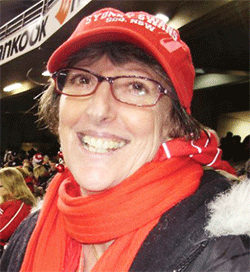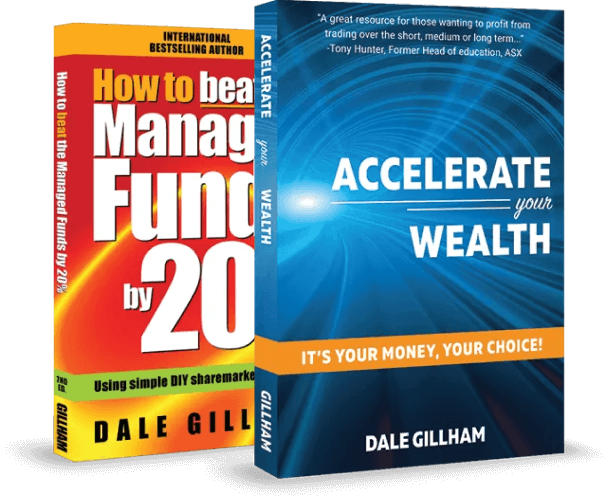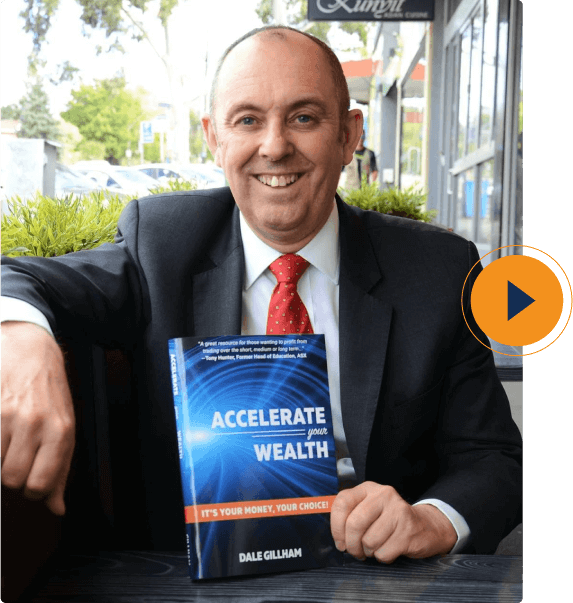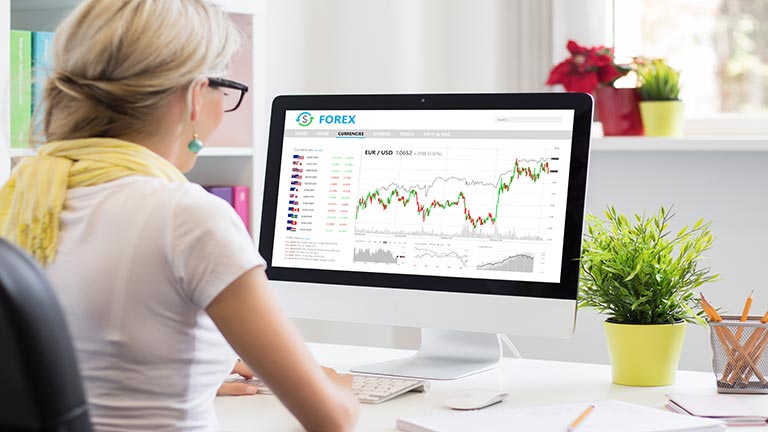Wealth Within Case Studies

Do you have a favourite trading rule?
Pattern breakouts are my favourite. I can see them as soon as I open a chart, I can see them everywhere and if you use Gann's 50% rule, they can really pack a punch and get you in and out with a high probability of success most of the time. The key with these patterns is first being able to properly identify them and secondly, in having a good strategy to enter and exit. I have found this requires the right training and good feedback, matched with actually getting the experience of trading with them.
Ed Seykota says, “Everybody gets what they want from the markets.” What do you ‘get’ from the markets?
I want to live life on my terms, my own rules and being in control of where I am going. Share trading gives me that. By actively trading I have control over where my life and finances are heading and I don't have to pay fund managers their exorbitant fees for a buy and hold approach, which now doesn’t make sense to me at all. I also get a lot of enjoyment from trading, even the back testing and analysis. I think that makes me a 'nerd', but a happy 'nerd'.
How has trading affected your lifestyle?
My lifestyle has not been affected yet, but I have been able to increase my trading capital and position sizes by putting any income earned from share trading plus dividends into an account only for share trading and education. When my capital grows and I am creating cash flow from shorter term trading over a few weeks to about three months, I will then notice the difference in my lifestyle and be able to relax and enjoy my life more without worrying about the next gas bill. My ambitions from trading are simple, but important for the lifestyle I see ahead for myself.
What books, seminars and courses have you read or attended and which would you recommend?
Based on my own experience, the Diploma of Share Trading and Investment and the Advanced Course from Wealth Within are a must if you want to succeed in share trading. Wealth Within teaches you strategies and tools to use to be a successful trader and the support you receive from the staff is fantastic; they are with you every step of the way. I have printed all the modules and have them in folders in my office bookshelf for easy reference.
Additionally, there is also the Art of Trading workshop which is held every year for students, both past and present, where we work on anything from trading strategies to our psychology.
I always learn something new, it’s also a great place to catch up with our mentors and fellow students who have become friends.
What does the future hold for you?
I shall keep learning and become the best trader I can be, so I have a life free from financial struggle and stress. I don't want to be a burden on my kids or the government. I am confident I will be able to give up work completely so I can spend more time doing the things I love, like spending time with my family, playing with my dog Poppy and taking her for walks, and looking after my garden. Having the chance to volunteer in my local community and being able to give back also interests me.
It’s great knowing that I will not have to pinch pennies and I can give larger amounts of money to my favourite charities and causes.
Insights From Our Learning Centre


Learn the concepts as to how you can accelerate your wealth using simple DIY investment strategies that will enable you to take control of your investments. Dale Gillham, bestselling author, shows you how to invest with confidence to achieve very profitable returns.
Browse BooksOr Browse By Topic
5 Stars
Years in business delivering high-quality education
of students rate the quality of education as excellent or very good
of students recommend Wealth Within



